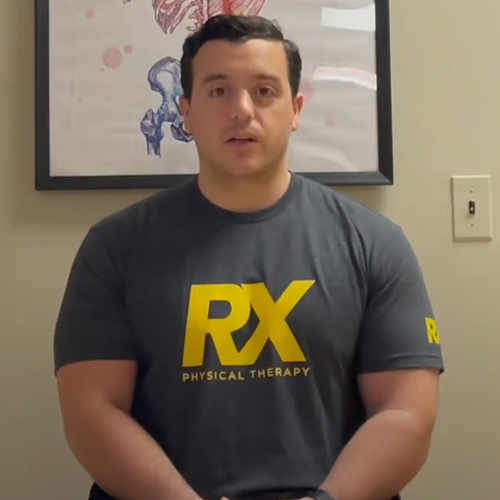In the journey towards optimal health and wellness, finding the right healthcare professionals can make all the difference. When it comes to addressing pain or specific conditions that affect your physical well-being, a movement-focused physical therapist can be a game-changer. These specialized therapists prioritize a holistic approach that emphasizes personalized care and tailored treatment plans. In this article, we will explore the key factors to consider when choosing a movement-focused physical therapist who can create an individualized plan to alleviate your pain or condition.
Understanding the Movement-Focused Approach
A movement-focused physical therapist stands apart from the traditional approach by placing a strong emphasis on the body’s mechanics, functionality, and overall movement patterns. This approach acknowledges that pain or dysfunction in one area of the body can often stem from impairments or limitations in other parts. By assessing how your body moves as a whole, a movement-focused physical therapist aims to uncover the root causes of your pain or condition, rather than merely treating symptoms.
Qualifications and Credentials
When searching for a movement-focused physical therapist, it’s crucial to begin with their qualifications and credentials. Look for therapists who hold relevant degrees and certifications from reputable institutions. They should also be licensed to practice in your state or country. Additionally, inquire about any advanced training or specialized certifications in movement-focused therapies, as this demonstrates their commitment to staying updated with the latest techniques and approaches.
Experience and Expertise
Experience matters when it comes to choosing a physical therapist who can create a personalized plan for your pain or condition. A seasoned therapist is more likely to have encountered a diverse range of cases and can apply their expertise to your specific needs. Look for testimonials or patient reviews that highlight the therapist’s ability to design individualized treatment plans and their success in helping patients achieve their goals.
Comprehensive Assessment
An individualized treatment plan starts with a thorough assessment. A movement-focused physical therapist will conduct a detailed evaluation of your movement patterns, joint mobility, muscle imbalances, and any compensatory mechanisms you might have developed. This comprehensive assessment helps them identify the underlying causes of your pain or condition and guides the development of a tailored treatment plan.
Holistic Approach

One of the hallmarks of a movement-focused physical therapist is their holistic approach to healing. Rather than solely focusing on the site of pain, these therapists consider the entire body as an interconnected system. They address not only the symptoms but also the contributing factors that might be leading to your discomfort. This could involve analyzing your posture, biomechanics, and lifestyle habits to create a well-rounded and effective plan.
Communication and Listening Skills
Effective communication is vital in any therapeutic relationship. Your physical therapist should be an attentive listener who takes the time to understand your specific concerns, goals, and preferences. They should be open to answering your questions and explaining their approach in a way that you can easily comprehend. Look for a therapist who values your input and actively involves you in the decision-making process.
Personalized Treatment Plan
The cornerstone of a movement-focused physical therapist’s practice is the creation of a personalized treatment plan. This plan is tailored to your unique needs, taking into account your body’s specific strengths, weaknesses, and limitations. It should outline the goals of your therapy, the proposed interventions, and a timeline for progress. Regular adjustments should be made based on your response to treatment and any changes in your condition.
Patient Education

Empowerment through education is a key component of the movement-focused approach. A skilled physical therapist will not only treat your pain but also educate you about your body and its movement patterns. By understanding how your body works and how specific movements or habits can impact your condition, you’ll be better equipped to actively participate in your own recovery and prevent future issues.
Outcome Measurement
Measuring progress is essential to ensure that the chosen treatment plan is effective. A movement-focused physical therapist will regularly assess your movement patterns, pain levels, and functional improvements. Objective measurements provide both you and your therapist with valuable insights into the effectiveness of the interventions and guide any necessary modifications to the plan.
Choosing a movement-focused physical therapist who creates an individualized plan for your pain or condition can be a transformative step on your journey to wellness. This approach goes beyond treating symptoms, focusing on the root causes of discomfort and empowering you to take an active role in your recovery. By considering qualifications, experience, assessment techniques, communication skills, personalized plans, patient education, and outcome measurements, you can confidently select a movement-focused physical therapist who will guide you toward a healthier, more functional, and pain-free life. Remember, your body is unique, and your treatment plan should be too.



